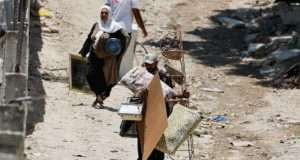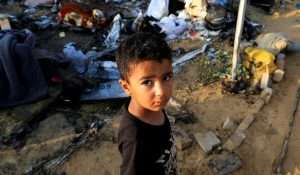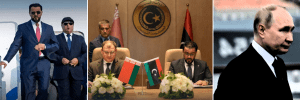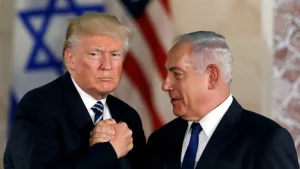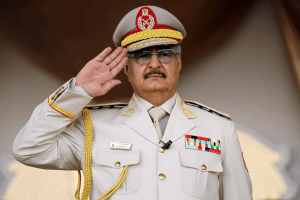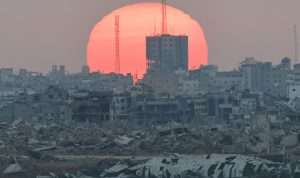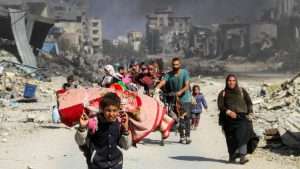Algeria’s Tebboune on Tunisia’s Security Role
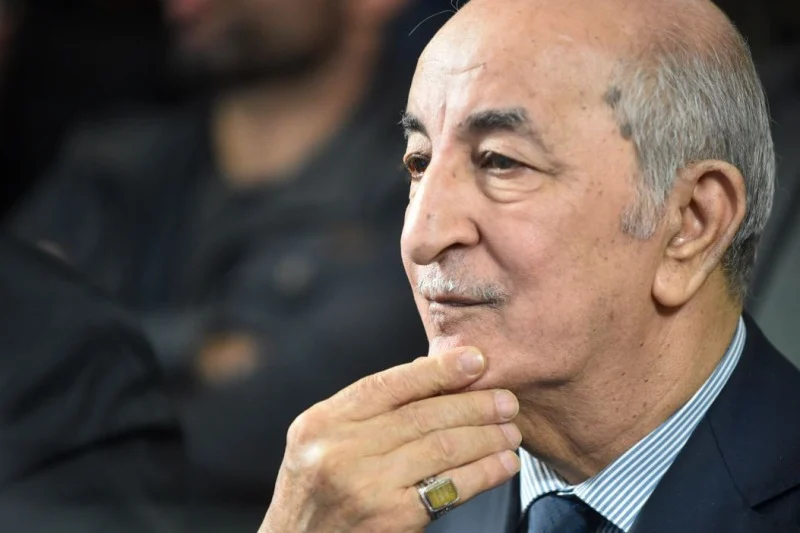
Any faint hopes of the Tunisian elite rescuing a 2 billion dollar aid package from the IMF seem to have been shattered by the Algerian president who has more or less confirmed the West’s suspicions: Tunisia has become a vassal of China, Russia, Syria, Iran and of course Algeria.
Algerian President Abdelmadjid Tebboune has sparked controversy in Tunisia after speaking about his country’s “participation” in the Tunisian national dialogue, which some consider a new attempt by Algeria to interfere in the country’s affairs.
In an interview with Al Jazeera podcast, Tebboune expressed: “We want stability for Tunisia, and we try to participate in the [Tunisian political] dialogue kindly, as brothers and without intervention in favour of any party, to unite all factions. Any step we take is done with the knowledge of the president and the labour union.”
Tebboune emphasised the importance of Tunisia for Algeria by saying: “Tunisia is a security extension of Algeria, and Algeria is a security extension of Tunisia.”
Tebboune’s statement sparked a wave of debate in Tunisia. Political analyst Ibrahim Al-Waslāti called on the foreign ministry to issue a statement urging Algeria not to interfere in Tunisian affairs.
Al-Waslāti posted on Facebook: “Hardly an occasion goes by without President Kais Saied renewing his rejection of any interference in Tunisian affairs. Recently, the foreign ministry has issued statements to respond to comments made by some countries and organisations that suggest interference or misconceptions about the situation in Tunisia, even summoning the US deputy ambassador earlier to protest against statements made by senior US officials.”
He added: “Therefore, as a Tunisian citizen who rejects any foreign intervention in his country’s internal affairs, I await a response or clarification from the Tunisian authorities regarding the statements of Algerian President Abdelmadjid Tebboune.”
According to the Moroccan press which often editorializes and sexes up information for its own gains, Algeria has given 300 million dollars to Tunisia in exchange for its unconditional support in international fora.
In return, Algerian politicians are now condescending calling Tunisia “the little sister” or even worse “an Algerian province” according to the former PM Houari Tighersi, whose comment triggered the wrath of Tunisian patriots.
Algeria has even meddled in Tunisia’s internal affairs openly and publicly when President Tebboune said in a presser with an Italian peer that he wants to “democratize” Tunisia, according to some reports from Rabat friendly outlets.
Al-Waslāti continued: “Don’t tell me that Algeria is a sister country and that Tunisia’s security is part of Algeria’s security and that kind of sugar-coated diplomatic language. Unfortunately, a blow often comes from brothers, and we have the worst example in Iraq and Syria. Relations between countries are about interests (and nothing but interests), and Tunisia’s need for Algeria is as great as Algeria’s need for Tunisia.”
READ: State department lost patience with Saied’s authoritarianism in Tunisia
Former President of the Economic and Social Rights Forum Masoud Al-Ramdani wrote: “Saied’s statements yesterday about the national dialogue, the International Monetary Fund and foreign impositions are not new or surprising. But what about Tebboune’s statement to Al Jazeera: Tunisia, with its security dimension for Algeria (and I add the strategic and political extension), and that he is helping Tunisia as a state and people, and that ‘every step we take (is done) with the knowledge of the president and the labour union?'”
Al-Ramdani expressed: “We understand the first two dimensions but believe that talking about dialogue and the union is not coincidental. Is Tebboune pressuring by injecting funds into the state budget to make the president and the union make concessions to alleviate pressure (on the former) and guarantee some stability? That is, will Kais Saied accept a role for the union in a specific dialogue project that does not touch on his conception of democracy and grassroots construction? A dialogue that excludes parties and other organisations. And will the union accept to compromise on its vision of a comprehensive national dialogue (political, economic, and social) and limit it to perhaps a temporary social dialogue?”
“The matter is not only about balances of power and ideological and political beliefs but also about what history will record about the positions of individuals and leaders, even if they are sometimes weak. And as they said in the past: the soul is your own, and you are its physician. Where you place yourself, you affect it,” Al-Ramdani concluded.
MEMO/Agencies/Maghrebi
Want to chase the pulse of North Africa?
Subscribe to receive our FREE weekly PDF magazine




